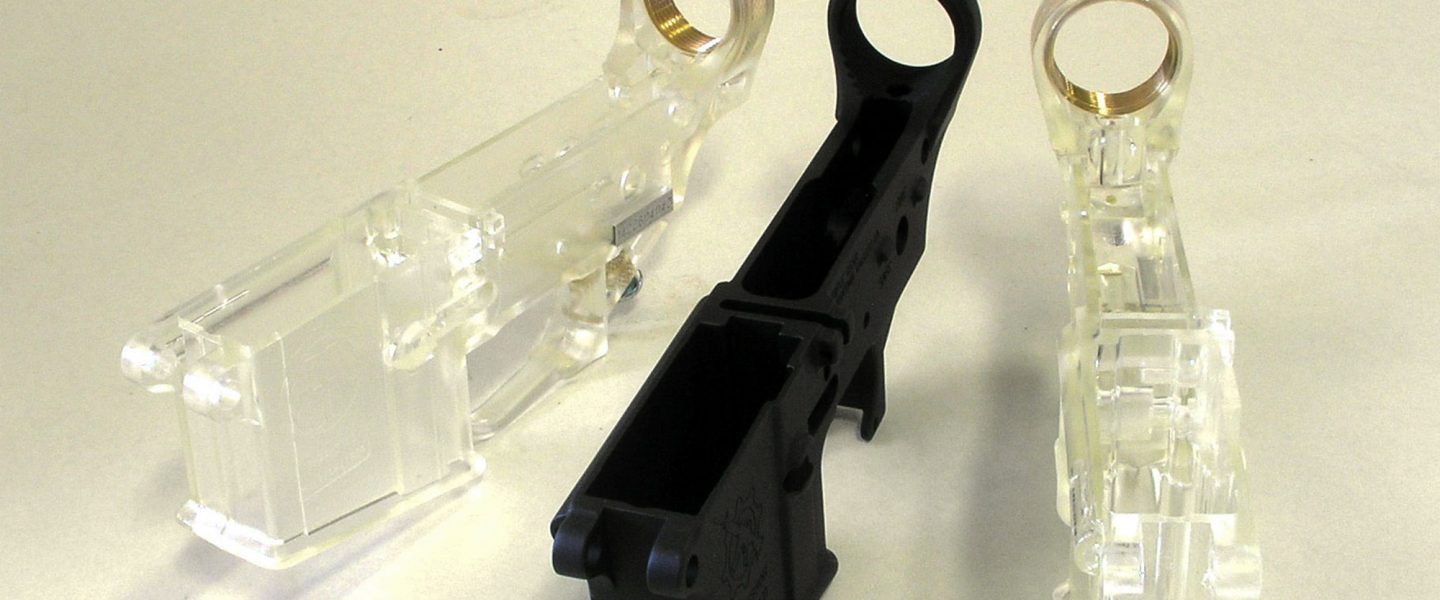Biden’s ‘Ghost Gun’ Restrictions Stay in Place for Now
At issue are the increasingly popular gun kits that Americans can purchase and, within minutes, turn into working weapons that do not contain the serial numbers required for pre-assembled firearms.
|
Listen To This Story
|
Should laws regulating firearms cover “ghost guns” — the untraceable weapons people can easily assemble at home without undergoing any kind of background check? On Tuesday, the Supreme Court voted 5-4 that, for now, the answer is “yes.”
At issue are the increasingly popular gun kits that Americans can purchase online or elsewhere and, within minutes, turn into working weapons that do not contain the serial numbers required for pre-assembled firearms.
Last year, the Biden administration promulgated a rule saying that these kits should be treated in the same way as guns. While their sale would not be illegal, buyers would have to undergo background checks, and the weapons themselves would have to be identifiable.
Not surprisingly, pro-gun groups, firearms manufacturers, and owners of ghost guns took the administration to court over the rule, arguing that the Gun Control Act of 1968, which imposes the serial number requirement, does not apply to weapons assembled at home.
In June, a federal judge in Texas agreed with their argument and blocked the new regulations.
In response, the Biden administration appealed to the Supreme Court to lift that block, arguing that it would be ridiculous to think that kits marketed as guns should not be treated as such.
“If a state placed a tax on the sale of tables, chairs, couches, and bookshelves, IKEA surely could not avoid that tax by claiming that it does not sell any of those items and instead sells ‘furniture parts kits’ that must be assembled by the purchasers,” wrote US Solicitor General Elizabeth Prelogar in the administration’s emergency application to the Supreme Court.
The same, she argued, holds true for guns.
“An ordinary speaker of English would recognize that a company in the business of selling kits that can be assembled into firearms in minutes — and that are designed, marketed, and used for that express purpose — is in the business of selling firearms,” she wrote. “A contrary conclusion blinks reality.”
In another filing, Prelogar argued that the rule regulating ghost guns addresses a “grave threat to public safety” and temporarily vacating it would allow scores of untraceable weapons to fall into the wrong hands.
“Ghost guns provide an attractive and all-too-easy way for felons, minors, and others who are prohibited from purchasing firearms to evade the background-check requirement that would otherwise prevent them from easily obtaining firearms,” Prelogar wrote. “The challenged provisions of the Rule ensure that ghost guns are properly regulated as firearms by requiring manufactures and sellers like respondents to place serial numbers on covered products, conduct background checks, and maintain records of their sales.”
In her brief, she also noted that these are requirements ghost gun manufacturers could easily meet; they just don’t want to.
In the end, even though Justices Clarence Thomas, Samuel Alito, Neil Gorsuch, and Brett Kavanaugh would have rather opened the floodgates to allow ghost guns to be purchased by just about anybody, the Supreme Court ruled that, for now, the regulations can stay in place until the litigation plays out in the lower courts.

